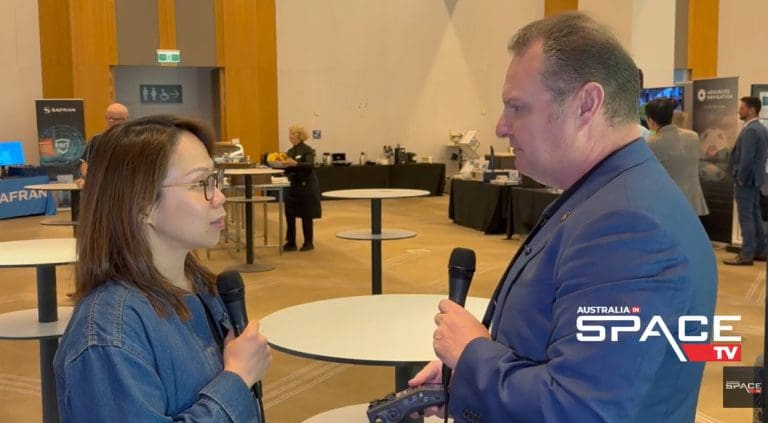On September 26, after a nine-month journey through the Solar System, NASA’s Double Asteroid Redirection Test (DART) mission impacted an asteroid called Dimorphos.
NASA scored a bullseye, with DART – roughly the size of a vending machine – hitting Dimorphos within 10% of the 160-metre asteroid’s centre. The hit changed the orbit of Dimorphos around its bigger companion asteroid Didymos by more than 30 minutes, far exceeding the original goal.
This is the first time humans have deliberately changed the motion of a significant Solar System object. The test shows it’s plausible to protect Earth from asteroid impacts using similar future missions, if needed.
We speak with Steven Tingay, John Curtin Distinguished Professor (Radio Astronomy), Curtin University about this astonishing feat of science and engineering.
To read Professor Tingay’s article visit https://theconversation.com/nasas-ast…
Read more about the DART mission https://dart.jhuapl.edu/
#space #dart #curtinuniversity #radioastronomy #nasa #asteroid




